One of the more unique fruits grown throughout the United States and other parts of the world is the cherry. The commercial acceptability of the fruit is high. Red coloration serves as an indicator of quality and ripening during cherry development. Key factors that affect consumers' decisions and demand for cherries are price, color, taste, and, particularly in recent years, nutritional value and bioactive compound profiles. There are various types of cherries, but they fall mainly under two categories: sweet cherries and tart cherries. Bing is the most well-known of US cherries.
Sweet cherries are mainly consumed fresh. Most tart cherries are processed and consumed more as juices, jams, and the like. Sweet and tart cherries are as marketable as dessert fruits as they are replete with nutrients and health-extractable components. Numerous current research studies show that an increased intake of fruits such as cherries decreases the incidence of chronic disease. Hence, these red fruits can guard against one or more health issues.
At harvest, the content of bioactive compounds is influenced by many pre-harvest factors, with variety, temperature, light intensity, and ripening stage at harvest, among others, being the most relevant. The cherry, a small stone fruit, has been the subject of various scientific inquiries. This post will examine these analyses and determine what cherry intake can do with human well-being. Get the inside scoop on cherries, both sweet and tart. Find out if they might be worth putting on your menu.
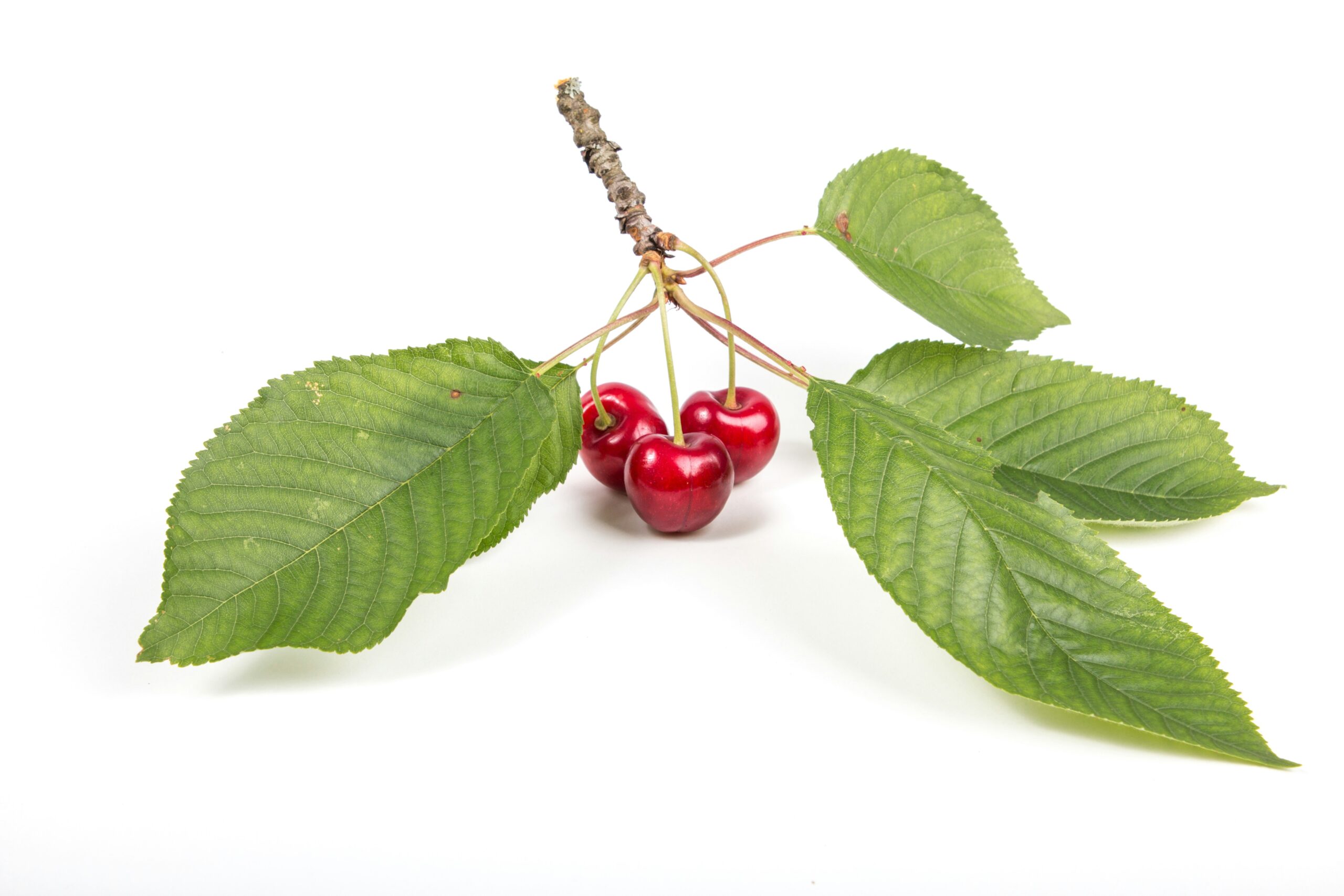
Cherries are an important temperate fruit crop. Cherry comprises an edible and thin protective layer, an edible flesh, and a non-edible stone. Cherry drupes are also known to be made into medicines using the stems, and so on. Cherry fruits have a lot of health properties due to the presence of ingredients. Sweet cherries (Prunus avium L.![]() ) and tart cherries (Prunus cerasus L.
) and tart cherries (Prunus cerasus L.![]() ) are the two broad classifications of this stone fruit. Though they do vary a little in their nutritional contents, both of these types offer health benefits. Because fresh cherries are generally sweet, the study was probably limited to sweet or sweet and tart cherries.
) are the two broad classifications of this stone fruit. Though they do vary a little in their nutritional contents, both of these types offer health benefits. Because fresh cherries are generally sweet, the study was probably limited to sweet or sweet and tart cherries.
Several scientists wished to evaluate the impacts of cherries and cherry items on indicators of antioxidant tension. This allowed them to provide us with proof of the antioxidant properties of these fruits. Want to know what the experts found? Well, if you ate cherries, the oxidative stress was reduced — you could see that. It also applies to both sour and sweet cherries. This means that cherries may help protect you from disease and slow the effects of aging as well.
Many valuable components of the composition allow red fruits to produce such effects. Furthermore, compounds with high antioxidant activity isolated from cherries are more active than those from raspberries and strawberries.
Another smart scientist study also found cherries to be anti-inflammatory. The findings included lower inflammation as a result of eating cherries. Do you know why this is important information? Chronic human inflammation is a bad thing. This can have several consequences for the reasoning behind diseases. And you would probably want to stay away from this. So, be sure that you are consuming healthy products with anti-inflammatory properties. In conclusion, despite some inconsistencies, these findings confirm the anti−inflammatory effect of cherries in humans; therefore, it is worth consuming cherries.
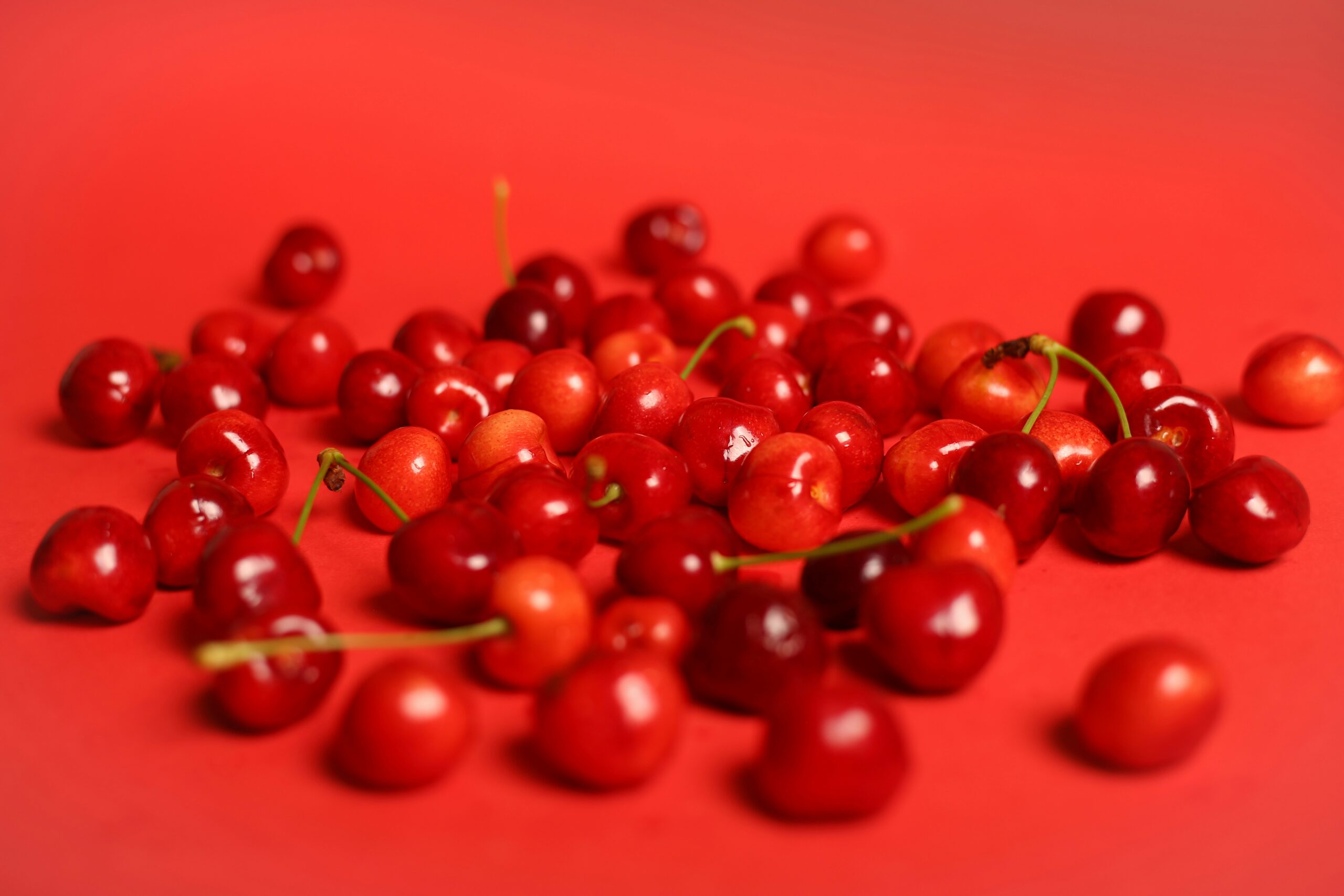
Cherries are also known for their amazing properties in dealing with pathogens and protecting the body. Do you know how cherries can prevent certain several bacterial diseases? Now, you will be able to learn more. Experiments have indicated that cherries can limit the increase of particular bacteria, such as Escherichia coli![]() . These red stone fruits do battle with gram-negative and gram-positive bacteria. They inactivate pathogens by disrupting the function of bacteria's cell membranes. That helps safeguard against a ton of infections.
. These red stone fruits do battle with gram-negative and gram-positive bacteria. They inactivate pathogens by disrupting the function of bacteria's cell membranes. That helps safeguard against a ton of infections.
It has also been reported for antifungal activity. Cherry extracts have likewise displayed an antimicrobial impact against Candida albicans![]() . Cherries antimicrobial seem to be functionally associated with the existence of bioactive compounds.
. Cherries antimicrobial seem to be functionally associated with the existence of bioactive compounds.
As you may know, cancer is one of the biggest threats to the human population globally. How do we shield ourselves from this life-threatening ailment? A new study has shown that avoiding this awful disease is as simple as maintaining a healthy lifestyle—as experts have recommended for years. Hence, it is important to have proper nutrition and integrate healthy products into the diet.
Helpful Product – Cherries! The red fruits help prevent cancer development, whereby the chemical compounds within them can halt or stop mutagenesis. Extracts obtained from various kinds of cherries have been reported to demonstrate antagonistic effects on the proliferation of colon cancer![]() and breast cancer
and breast cancer![]() cell lines—another excuse for eating cherries.
cell lines—another excuse for eating cherries.
Interesting science suggests cherry consumption can help you maintain healthy glucose regulation. In animal studies, extracts from sweet and tart cherries inhibited diabetes. The results indicated that compounds present in cherries might reduce blood glucose levels by delaying glucose release from complex carbohydrates. This suggests that the supplementation of cherry extract or isolated anthocyanins in a hyperlipidemic diet could have a beneficial effect in reducing blood glucose and insulin levels. This should be confirmed with further studies to observe if this reflects a lower risk of diabetes.

Cherry's intake has additionally been tested for blood pressure. However, this study also raises some interesting results if you want to learn how to decrease blood pressure. The researchers found that systolic blood pressure and diastolic blood pressure were significantly lower within 2 hours after the participants ingested a single dose of cherry juice. However, if the juice was applied in small doses (100 ml by order), I'm sorry to say the effects were not found. This implies that high enough doses of cherries may exert a beneficial effect on your blood pressure.
Moreover, other research has observed that long-term supplementation of cherry concentrate drastically reduced hyperlipidemia-induced blood pressure. You can note similar effects in fresh cherries as well. You can, therefore, conclude that cherries and cherry-based products are good for your blood pressure.
Still not converting you here on the benefits of cherries? It's not a problem because here's another great thing about these stone fruits. In other domains of the cardiovascular system, cherries also have an impact. In addition to lowering blood pressure, they help lower the possibility of heart attacks due to their anti-inflammatory and antioxidant properties. Besides that, it has been observed to decrease cholesterol too, and so, the comestibles of the red fruit may reduce the impact of atherosclerosis![]() , too. Thus, consuming cherries might help to protect cardiovascular health. However, further studies and evidence on this are lacking.
, too. Thus, consuming cherries might help to protect cardiovascular health. However, further studies and evidence on this are lacking.
Cherries have strong anti-inflammatory properties, which may also help joints. This is welcomed news, particularly for those whose arthritis![]() is afflicting them, such as gout. The research discovered that fresh or canned cherry consumption inhibited not only arthritis attacks but also normalized plasma uric acid rates. The subjects reported an increased range of motion in the joints of their fingers and toes. Researchers suggest that even a small daily dose of fresh cherries or cherry extract for a short duration is associated with a decreased risk of gout attacks compared with none. We should, therefore, eat the stone fruit of exceptional power every day.
is afflicting them, such as gout. The research discovered that fresh or canned cherry consumption inhibited not only arthritis attacks but also normalized plasma uric acid rates. The subjects reported an increased range of motion in the joints of their fingers and toes. Researchers suggest that even a small daily dose of fresh cherries or cherry extract for a short duration is associated with a decreased risk of gout attacks compared with none. We should, therefore, eat the stone fruit of exceptional power every day.
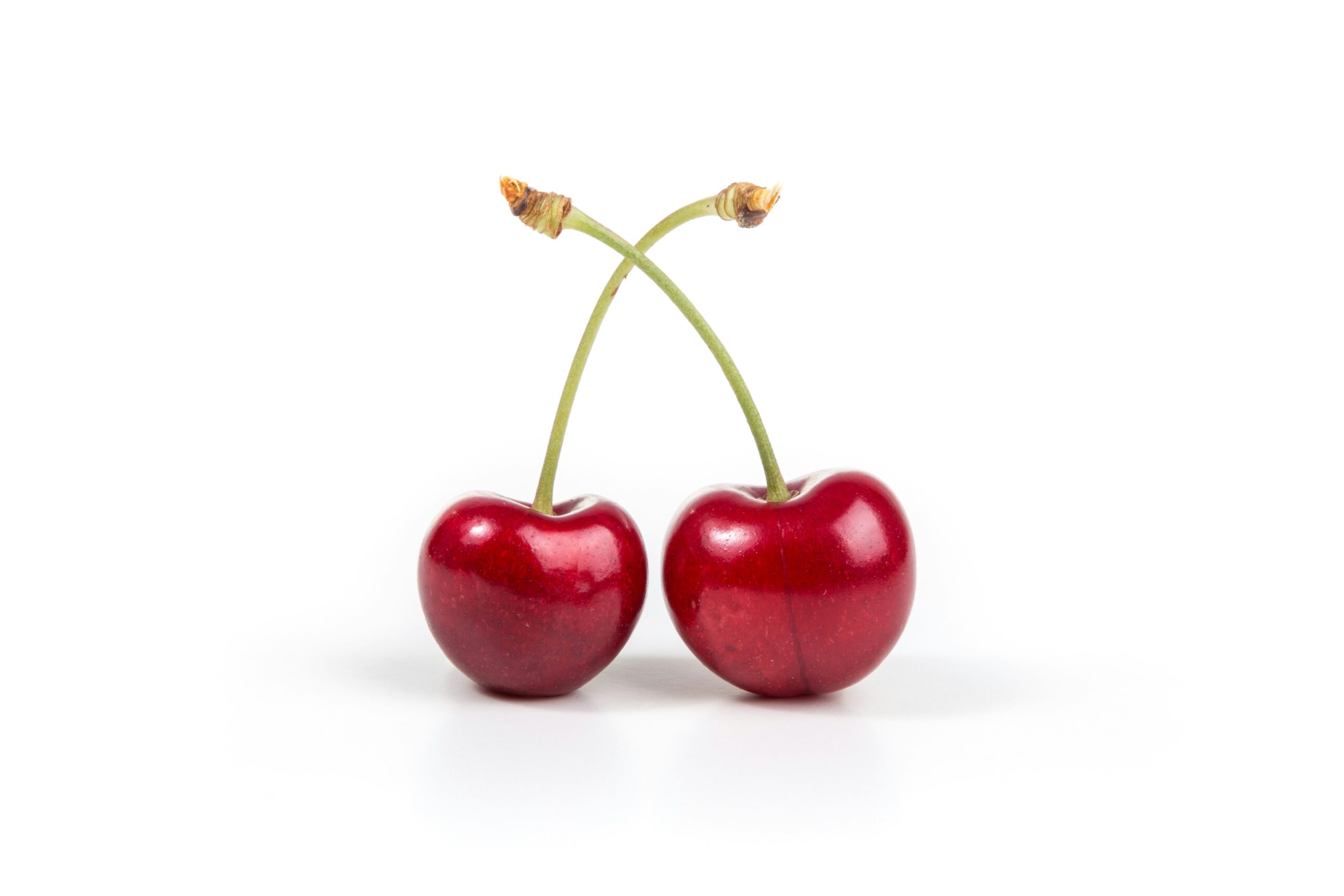
Perhaps one of the best fruits for the brain is cherries. Most importantly, consuming these red fruits can influence sleep. So, if you have issues sleeping, then this is what you should read very carefully. Research has demonstrated that consuming sweet or tart cherries changes sleep quality and quantity. Cherry studies have shown cortisol decreases along with the anti-anxiety and mood-improvement capabilities of the fruit.
Few studies on the effects of cherries on cognition have been published, but the authors of one suggest that cognitive brain function may be benefited by cherry consumption. You should then include cherry in your diet to enhance your working memory. Do you want your brain to function properly? Eat cherries!
Cherries have a lot of health benefits. In comparison, mostly made up of water (80%![]() ), they supply the needed nutrients. Cherry fruits contain carbohydrates and sugars (mainly glucose and fructose). They are integral to life, growth, the healing of tissue, and other bodily functions. Cherries are also high in fiber. The fiber content of this fruit elevates its nutritional capacity, helping with the hypocholesterolemic effect of cherries and reducing constipation and other digestive conditions. Like other plant proteins, cherries are low in protein and amino acids.
), they supply the needed nutrients. Cherry fruits contain carbohydrates and sugars (mainly glucose and fructose). They are integral to life, growth, the healing of tissue, and other bodily functions. Cherries are also high in fiber. The fiber content of this fruit elevates its nutritional capacity, helping with the hypocholesterolemic effect of cherries and reducing constipation and other digestive conditions. Like other plant proteins, cherries are low in protein and amino acids.
Similarly, the pollutant data also show that cherries have low levels of fatty acids. Furthermore, cherries have a low energy density, amounting to ± 60 kcal per 100 g![]() of edible portion of the fruit. Most importantly, cherries are rich in bioactive compounds, i.e., chemical compounds whose health-promoting activity for the human body has been confirmed.
of edible portion of the fruit. Most importantly, cherries are rich in bioactive compounds, i.e., chemical compounds whose health-promoting activity for the human body has been confirmed.
Cherries contain minerals that are useful for the body by nature. These red fruits are well recognized for their significant minerals, calcium, magnesium, sodium, and potassium, which lead to an alkaline-forming effect. Acid-forming minerals, such as phosphorus, are also present in the fruit's flesh. Cherries contain iron and zinc in minor amounts. Anyway, we can say that cherries are high in many minerals, which is another benefit. Another great reason why cherries are so great is that they are sodium-free, which makes them super beneficial for preventing high blood pressure and stroke.
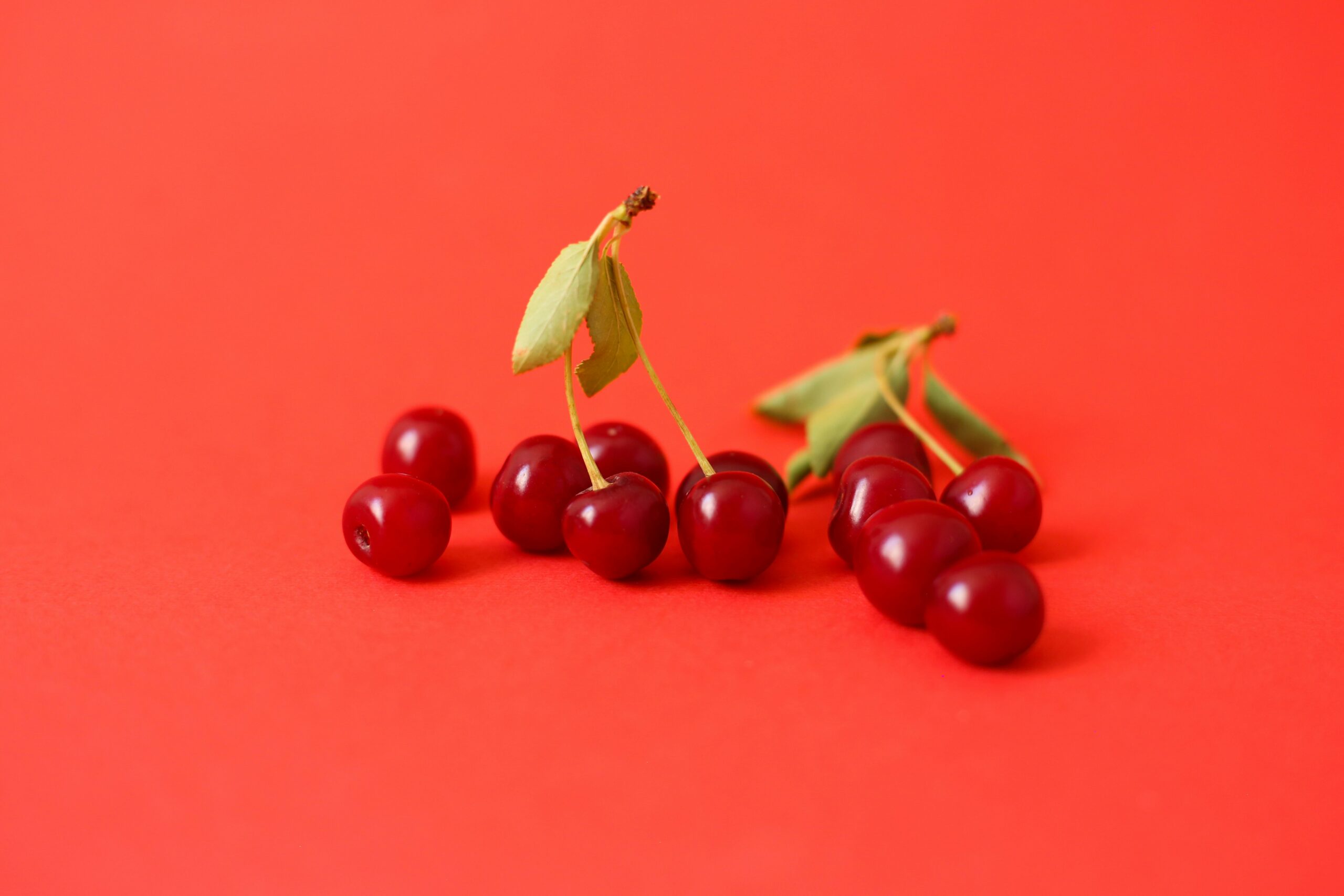
Cherries contain several vitamins in their composition, which also contribute to the bioactive effects of cherries, e.g., antioxidant activity. First off, fruit is a source of vitamin C. It is the most abundant vitamin. Next are the B vitamins, then A, K, and E. This is quite a mix of vitamins, so you can eat cherries to make up for these vitamins.
Cherries contain phytochemicals, which are bioactive non-nutrient constituents of fruits. As per studies, these are not essential requirements for the human body but be beneficial. Cherries contain several phytochemicals, such as carotenoids![]() , some of the natural antioxidant pigments mainly responsible for their color. Besides carotenoids being provitamins, they also boost the immune system. They also influence carcinogenic compounds' metabolism and protect against lipid, protein, and DNA oxidation. Cherries are also rich in flavonols
, some of the natural antioxidant pigments mainly responsible for their color. Besides carotenoids being provitamins, they also boost the immune system. They also influence carcinogenic compounds' metabolism and protect against lipid, protein, and DNA oxidation. Cherries are also rich in flavonols![]() . All this is part of their contribution to the health advantages of eating these red fruits.
. All this is part of their contribution to the health advantages of eating these red fruits.
Cherries even contain strange substances like serotonin![]() and melanin
and melanin![]() . These components are known as neurotransmitters. The scale of the phenomena may differ — there are lines of thought linking the very basic cognitive functions to the evolutionary functions of the neurotransmitters that serotonin behaves as — sleep and wakefulness cycles and the regulation of certain behavior, which is regulated by the activities of the neurons. Melanin is very relevant to sleep because it participates in the control of sleep cycles and is also related to the immune system's response. Melatonin is detected in the skin, flesh, and stones of cherries.
. These components are known as neurotransmitters. The scale of the phenomena may differ — there are lines of thought linking the very basic cognitive functions to the evolutionary functions of the neurotransmitters that serotonin behaves as — sleep and wakefulness cycles and the regulation of certain behavior, which is regulated by the activities of the neurons. Melanin is very relevant to sleep because it participates in the control of sleep cycles and is also related to the immune system's response. Melatonin is detected in the skin, flesh, and stones of cherries.
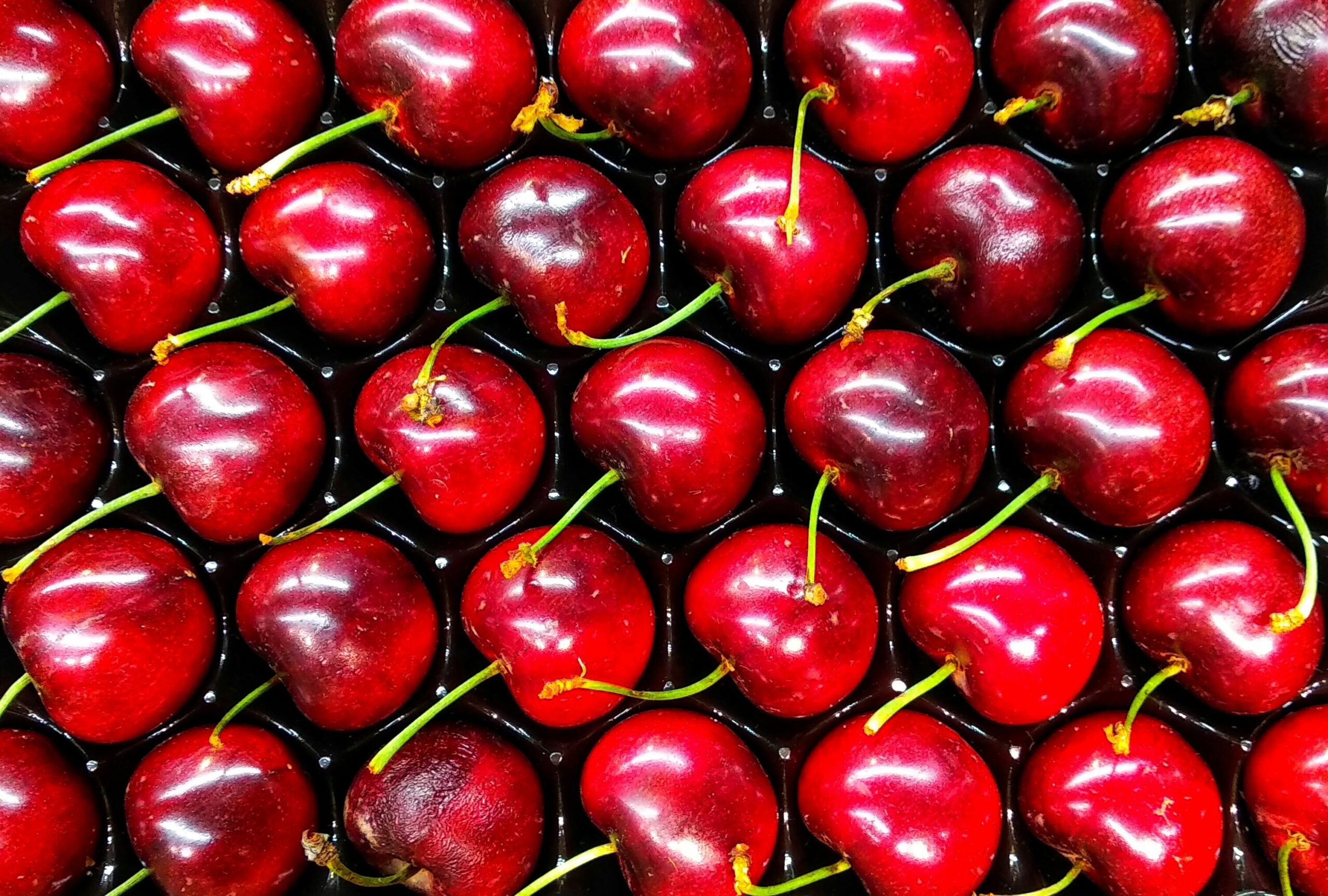
There is relatively strong evidence from existing health research studies to show that eating cherries is good for people's health. Cherries are still a rich source of naturally occurring dietary elements, even though cherries' total nutrient content is lower than those used for industrial purposes. Then, is it OK to have the health benefits of cherries? Cherries are a safe fruit with no side effects, in general.
Cherries were eaten in excess for health effects in the study. So doses 45-270 cherries/day![]() may be regarded as a high dose yet a safe one. Though we keep these doses less than that, please avoid them and be cautious.
may be regarded as a high dose yet a safe one. Though we keep these doses less than that, please avoid them and be cautious.
The only potentially dangerous thing about cherries is their stones, which may have poisonous content. This is particularly true for wild cherry species, which contain cyanogenic glycosides. The research indicated that these potentially harmful substances are present in low levels in the flesh of cherry fruit, but caution is warranted as long as the pits are intact. Also, people with allergic reactions to cherries are already an absolute contraindication for these fruits for an understandable reason.